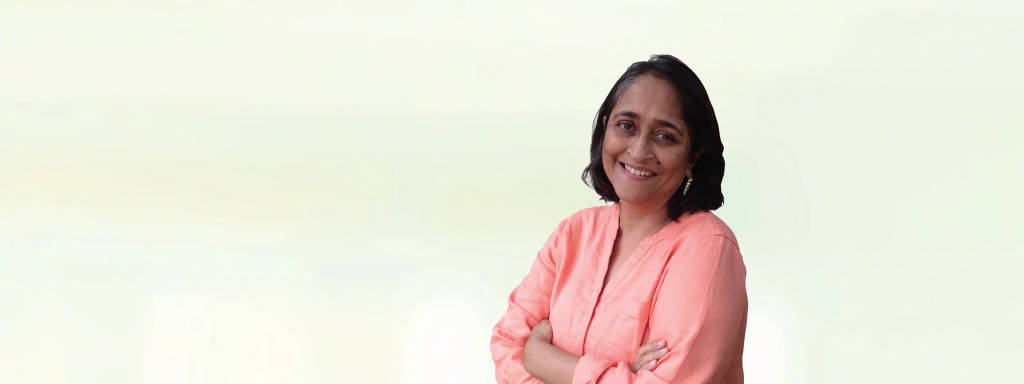Conversations: Poonam Bir Kasturi
Founder, Daily Dump
Poonam Bir Kasturi founded Daily Dump in India which creates handcrafted composting containers. Work Better talked with Poonam about her notion that design and business can be forces for good.

WB: Tell us about the journey that led you to start Daily Dump (dailydump.org).
PK: As an industrial design student in India, we talked about how design could change the world, and what it could mean to each of us. That stuck with me, and after I finished school I wanted to answer that question for myself – how can design intersect with the real world? It was during this internal inquiry and my exposure to the small-scale, industry crafts and batch production in India that all of my learnings came together into this clear vision of a need. There may not have been a demand, but I knew there was a need. That’s when I started to prototype the first home composter in the country – made by craftspeople, not in a factory.
WB: Why focus on food waste, as opposed to plastics or electronics?
PK: Food waste is 60% of our waste stream. I knew food waste can become circular much more easily than plastic. People can also see the circularity of food waste happening tangibly in their homes – they can witness what it means to ‘close the loop,’ and be connected to the earth. Food waste is also about 70% water. Taxpayers shouldn’t have to pay to truck what’s essentially water to a landfill, which creates methane.
WB: What impact has your business made in your country?
PK: We have opened the doors – created the pathway and designed a movement – to legitimize the idea of decentralized waste management. Because we took a business risk that opened up these conversations, we now find people following us through those doors, and we’ve seen that circularity has become the norm for them. That’s our contribution and impact.
WB: Why did you decide to use handmade pottery from craftspeople instead of more efficient and functional manufacturing?
PK: There is a sentiment in India that if you’re educated or have money, someone else should handle your waste. Dignity of labor is a big issue and I come from a family where we believe there’s nothing wrong with doing your own work. For us, supporting craftspeople who work with their hands is a priority. Secondly, it’s about changing minds. If we’re just building another dustbin, it’ll just be another dustbin in your mind and you’ll just treat it like one. We wanted to change people’s minds and behaviors, so we needed to create a new space in people’s minds that speaks to regeneration – a new energy. This is a new space and so we had to give it a form and material linked to a deep and meaningful archetype in India – clay and pottery have that significant resonance in India.
Last Words
Diversity in business models is an important thing to have. You need MBAs starting businesses. But you also need foolish people like me. Because even if people think they don’t need something, you need people to say ‘yes, you need composting.’ We built this business and had to convince people they needed it. That’s why I think in today’s world more foolishness is needed in business.
Hear more of our conversation with Poonam in our Work Better podcast.


